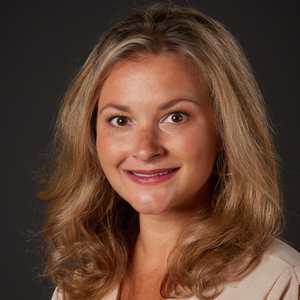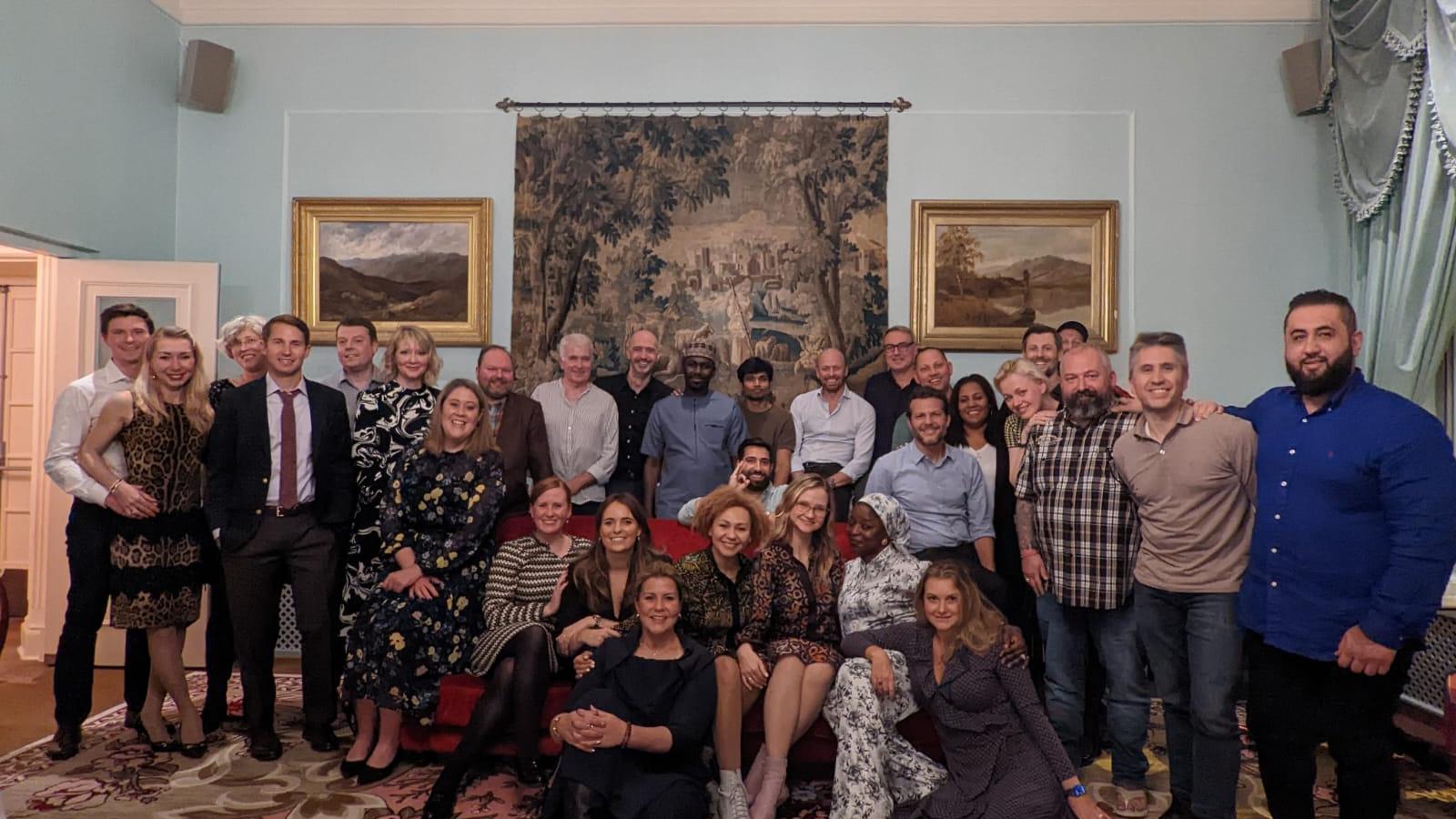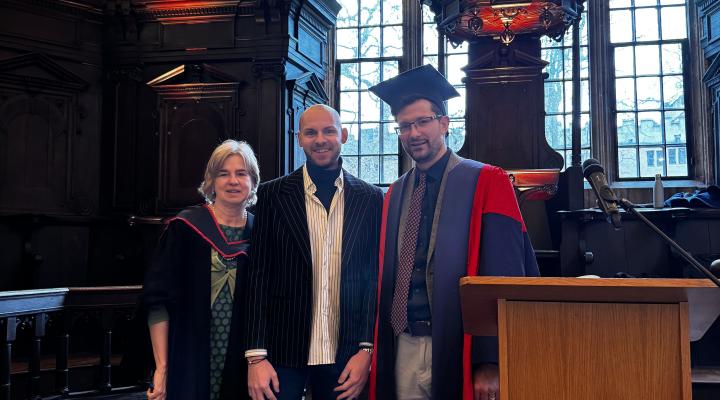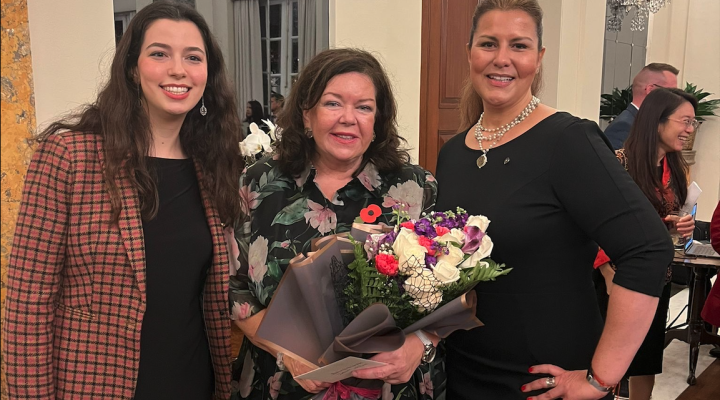When my study partner Davi Vieira started the Executive Diploma in Organisational Leadership, his Asset Management firm presumed the endeavour would distract from his role as Co-Founder and COO. They remained unsure about his pursuit of the postgraduate masters, despite Davi’s commitment to using personal holidays and weekends to complete the programme.
Ten months into the programme, they reversed their position.
The firm recognised the strategic benefits of Davi’s leadership and influence in a period of complex organisational transition. In response, his partners not only supported his endeavour, but agreed to retroactively cover the cost.
As well as that of his study partner…right, guys? The cheque is in the mail?
Evaluating the ROI of the Executive Diploma
As student representative for the Executive Diploma in Organisational Leadership, one of the most frequent questions I receive from prospective applicants relates to ROI (return on investment). Davi’s story is one of my favourites to share in response.[i]
The other story I share is my own. Coming into the programme, just over one year ago, I was the owner and lead operator of a small consulting firm. I intended to leverage the programme to determine how best to divest this successful business and accept the best of two outstanding offers. After discussions with my classmates, I resolved to focus on maintaining my business and taking on an expansion opportunity. In the first quarter of this year, our firm increased revenue by over 300% compared to Q1 2022. While several factors contributed to this success, the experience of the programme, and the supportive peer-based community, was a dynamic influence.
In addition, the final research paper offered me the opportunity to explore a concept of interest and of benefit to my business.
I titled my final research paper, ‘The case for a more resilient, value-innovated approach to purpose statements in US technology companies.’ In it, I considered the US business sector’s twenty-plus-year trend of increased reliance on purpose statements and progressively idealistic ambitions for the world at large. Recent studies have exposed more than 40% of corporate environmental assertions as greenwashing[iii] and claimed that tens-of-thousands of once engaged tech employees are becoming more sceptical[iii]—coinciding with the rising popularity of aspirational corporate purpose statements among leadership teams. While recognising the arguments for purpose’s essentiality in organisational alignment, employee engagement, and raising social conscientiousness, I examined how well it performed in these areas when interwoven with factors like leadership trust and credibility, driving measurable performance, and improving lives. I applied programme lectures, coursework articles and textbooks, and conducted my own interviews with top tech leaders throughout the process. I concluded with a proposed framework for a more resilient, humanistic, and innovative way forward.
The clarity and success in the next phase of my business, coupled with this satisfying research endeavour, stand out as the most rewarding returns from the programme, just one month after completion.
For others, the program functioned as a catalyst, spurring them onto the next great leap in their career. Examples include Scott Dayton accepting a new role as CTO for Clinic Mobility, Inc. and Paulose Simon Puthanangady starting with Amazon KfB as Head of Supply Chain. Andrea Pirovano moved from VP of Commercial into Operations for Tenaris. And, for still others, the Executive Diploma spotlighted individuals in their organisations and coincided with hard-earned promotions and new opportunities. Such as Courtney Pick, promoted to VP of Sales Ops at Meltwater. Kimberley Milani was promoted to Director, IOI Institute for Leadership, Ivey Business School; in addition, her final research paper interviews evolved into a book that will be published in 2024! Yara El Ali, who continues in her Transformation and Operations role with Elie Saab, has expanded into Leadership Consulting and Coaching for the INSEAD MBA program. Sofia Danko was promoted to Head of Tech. Account Mgmt., UKI at Google Cloud Consulting and Justin Smith was appointed as Head of School and President for Little Rock Christian Academy.
We celebrated each of these significant achievements as the culmination of many years of hard work and personal development, inclusive of the Postgraduate Executive Diploma in Organisational Leadership.
Oxford Executive Diploma in Organisational Leadership
[i] It comes with the disclaimer that in referring to the program’s 'ROI', I mean the benefits weighted against the cost and the allocation of time and resources potentially provisioned elsewhere—not a long-term analysis of cash flow.
[ii] Ioannou, I, Kassinis, G, Papagiannakis, G (2022) ‘How Greenwashing Effects the Bottom Line’, Harvard Business Review, 21 Jul. Available at: https://hbr.org/2022/07/how-greenwashing-affects-the-bottom-line (Accessed: 7 Jan 2023).
[iii] Bingham, S. (2017), ‘If Employees Don’t Trust You, It’s Up to You to Fix It,’ Harvard Business Review, 02 Jan. Available at: https://hbr.org/2017/01/if-employees-dont-trust-you-its-up-to-you-to-fix-it (Accessed: 27 Nov 2022).





